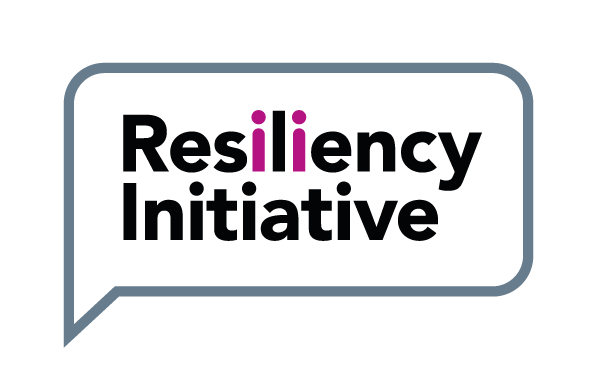Be A Good Digital Citizen
Raising awareness about good digital citizenship can make people apply it to their everyday online life. Here are some of the key components of good digital citizenship.

The internet has had an impact on almost all aspects of our daily lives. It has given us access to vast troves of information, provided we have access to the internet itself. It has also democratized publishing. This means anyone can publish whatever they want. Anyone can express any thought, opinion, or emotion anytime, without checking their facts or considering the impact of their words or images.
Citizenship means belonging to a country. With citizenship in that country come rights and obligations, laws and regulations by which a good citizen must abide. Often these expectations of good citizenship are a matter of common understanding among the citizens of that land.
But the internet is not one country. Anyone who participates regularly in the online world is to some degree a digital citizen. There is no legal code or common understanding of digital citizenship, and the rules and expectations of this new frontier rely largely on self-regulation.
That’s where leaders like you come in. As a CSO leader you have a role to play to promote good digital citizenship and encourage positive online participation. Simply fostering the idea of good digital citizenship can make people think more deeply about what it is, and perhaps become keen to learn more.
Here are some of the key components of good digital citizenship.
Responsible use
Good digital citizenship means positive online behavior and treating other people as one would like to be treated. Showing respect and courtesy to others can encourage them to do the same. In this way we can lead by example.
It means crediting others for their work, not engaging in angry disputes online, and sharing only information we know to be true.
Digital literacy
Know where your digital information comes from, when you can trust it, and how you can use it. Digital literacy means thinking critically about the sources of information and why certain information is being shared.
Protect yourself
Ensure that your online information is safe. Protect your personal information, especially your passwords. And protect those around you by not sharing their personal information without their express consent.
Think before you share
“Think before you share” is one of the most important rules of digital citizenship. You can teach this rule to others. It simply means asking yourself, before you share, if your post is helpful, respectful, and true.
Children all over the world are taught to stop, look, and think before crossing the street. There are very real and immediate consequences if they step off the curb at the wrong time.
There are also real-world consequences for internet behavior. Both adults and children need to learn to be safe on the internet. Typing on a computer or a phone may seem safe, personal, and private, but the consequences can be enormous. We all need to be good digital citizens—for the sake of all of us.
Useful resources: Resources – We Think Digital (fb.com)



 Back
Back